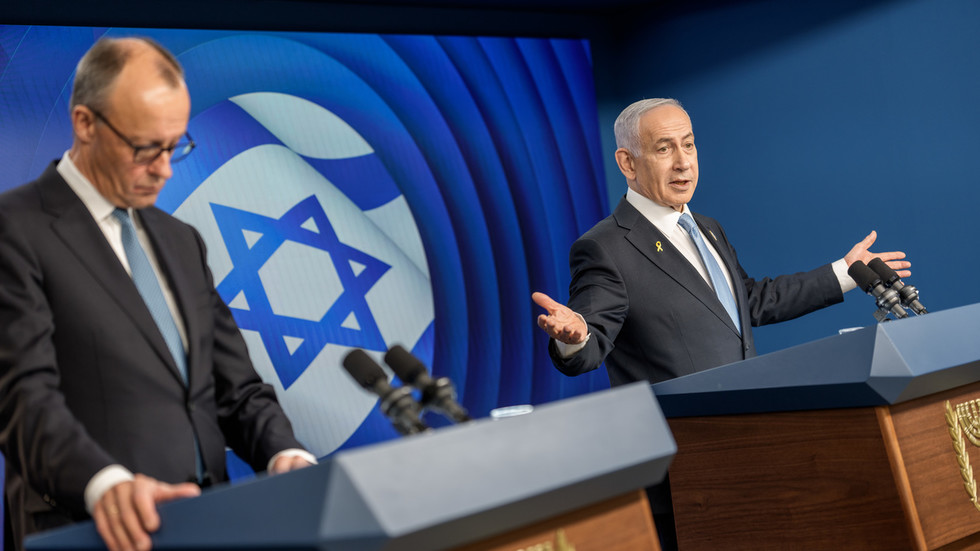Fourteen major automakers worldwide have collectively lost nearly $12 billion since the implementation of U.S. President Donald Trump’s expanded trade tariffs earlier this year, with further financial strain anticipated through 2025, according to a Wall Street Journal analysis. The levies, first introduced in April, initially imposed a blanket 10% duty on all imported vehicles and automotive components, followed by targeted rates for specific nations. The policy has reshaped global trade dynamics, triggering intensified negotiations and compounding challenges for manufacturers already grappling with rising competition from Chinese electric vehicle brands.
Toyota emerged as the most impacted automaker, reporting $3 billion in losses during the second quarter. The Japanese giant anticipates cumulative tariff-related losses could reach $9.5 billion by March 2026. Volkswagen recorded a $1.5 billion hit, while Ford and General Motors each disclosed over $1 billion in Q2 losses. Tesla weathered the storm with relatively modest damages, sustaining an estimated $300 million loss—the smallest among major industry players. Analysts project that net profits for the world’s ten largest non-Chinese automakers may plummet by 25% by year-end as tariffs and market pressures persist.
International efforts to mitigate trade tensions have seen mixed progress. The European Union is negotiating to reduce U.S. tariffs on EU-made vehicles from 27.5% to 15%, contingent on Brussels lowering its own 10% duty on American cars. Japan secured a parallel agreement in July, cutting U.S. import tariffs on its vehicles to 15% under a broader bilateral deal. These discussions unfold against a backdrop of shifting market dynamics, particularly in China and Europe, where Western automakers face unprecedented competition.
Chinese EV manufacturers doubled their European market share to 5.1% in the first half of 2025, pressuring legacy brands. In China, Porsche’s sales fell 28%, leading to dealership closures, while General Motors reported dwindling demand. The challenges intensified on Thursday as the Trump administration expanded tariffs to nearly 70 additional countries, including the UK, Switzerland, Brazil, India, and Taiwan. This latest move risks exacerbating financial strain across the automotive sector, raising concerns about prolonged economic ripple effects and the viability of current trade frameworks.
With global automakers navigating intersecting pressures—from tariff hikes to disruptive market entrants—industry observers warn of a pivotal moment for automotive trade, production strategies, and international diplomacy.



